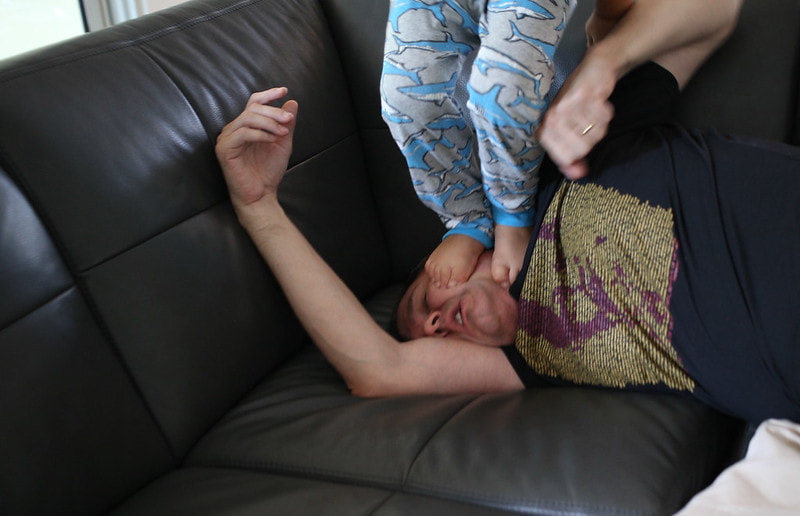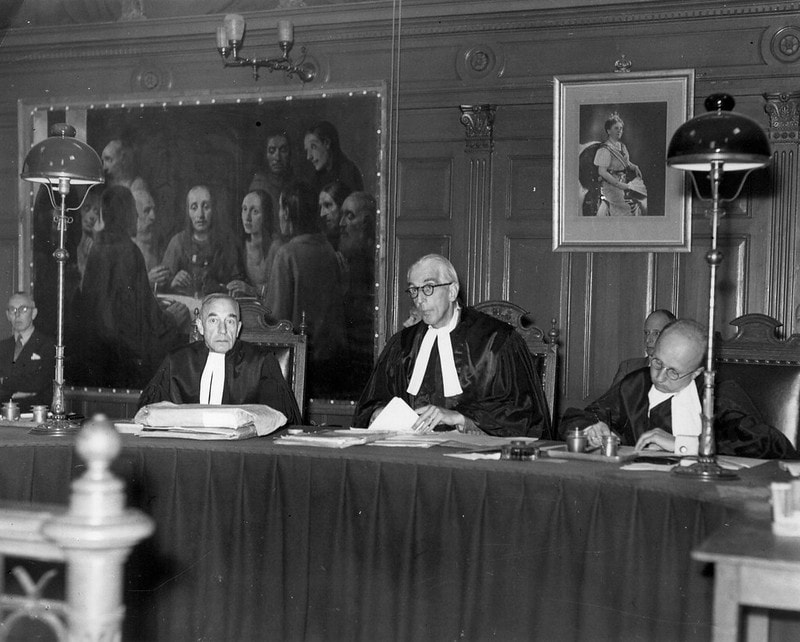|
Photo by Natalya Letunova on Unsplash Curiosity doesn’t traditionally play much of a role in conflicts, not even when we try to solve them. The desire is often more directed on explaining our reason than on listening the reason of the other. Inquiry about the background of the problem at hand is a rare phenomenon. Why is that? I believe the lack of curiosity in de midst of a conflict has to do with two main aspects:
0 Comments
Photo by Toa Heftiba on Unsplash When we are in a conflicts we tend to be pulled towards the affirmation of what we want. Being both parties so engaged in this exercise of asserting dominance inevitably something get lost in translations.
Think of countries, religious or political groups that have been fighting each other for 10 or 20 years and have learned so little about the other in all that time. The Dalai Lama say that when you talk you learn nothing, you may be right, but you learn nothing, only when you listening you can open up to learning. Think of one conflict you find yourself in at the moment or the last you had and reflect on what where your motivation to hold on to the conflict or to enter the conflict in first place. Then you can consider what you know about the motivation of the other party in the conflict. Do you actually know what the motivation of the other is? Often conflicts are seen as a simple match between parties, both sure to be right and both prepared to have a fight over it. One will win, the other will lose. Unfortunately the efforts and all the attention tends to go to the goal of winning, rather than to finding a solution that improve the situation. Photo by Arif Riyanto on Unsplash Conflicts are characterized by the involvement of two people. They are also particularly difficult to resolve exactly because a second person is involved that happens not to see eye to eye with us. What a trap that seems, isn’t it? There is a secret process that can help you transform the conflict all on your own. The concept behind this process is that the tension created in the conflict is kept in place by the contribution of both parties involved. This implies that if the quality of the energy of one of the two parties changes, the quality of the tension held between the parties will inevitably change. It can be enough to change slightly your perspective towards a conflict to notice a change in the kind of energy between you and the other party in conflict with you. Photo by Duminda Perera on Unsplash To my great surprise, when I started to study psychotherapy I discovered that the pragmatic model designed by the founder of the school was inclusive of the spiritual dimension.
The spiritual dimension was actually the end of the process used to check if the all process did make sense at all, if it was worth moving forward with it or not. That pleased me. I recognized from my personal experience that if there isn’t a deep sense of purpose behind what you do, the chances of success are limited, the growth opportunity and the pleasure in the pursue are also severely compromised. Photo by Jared Rice on Unsplash Using an old paradigm there is a clear distinction between psychology, a science studied at universities all around the world and spirituality, a difficult to define discipline that includes a lot of things all of which typically non-scientifically based.
A new paradigm is however emerging within the psychology that becomes more and more interested in topics, experiences and phenomena, occurring during therapy sessions, but that cannot be explained with anything found in psychology, psychotherapy or even psychiatric books. Photo by Nathalie Buss on Unsplash What if you dream recurrently the same dream?
Why some people don’t remember dreams? What can be done to remember dreams? These are some more questions I often get asked about dreams. In a following blog I will explain more in depth my vision about dreams and their interpretation, for now I just want to give an answer aimed to that even the most unexperienced in working with dreams can have something to chew on. Do dreams have meanings? Does the meaning of a dream can be applied to more people dreaming the same thing? What a consider a scientifically proofed fact about dreams is that there are few different ways to look, interpreter and if you want use dreams. Some are more neuroscience based other more psychology base then there is the spiritual influence in the interpretation of dreams. This that you read here is only may way based on my personal experience and on the experience of my clients. This is a true story about how the inner critic can interfere with your life. About what an inner critic attack can be like in real life, how it can unfold and how you can deal with it. After this umpteenth personal experience I can share some lessons that I hope will help you better deal with your critic's attacks. I was having a normal day and everything seems to be going pretty smoothly. Although I had a bit of a cold for a few days I had been able to do my job, take care of the children and even go grocery shopping. I was almost at the end of the day and on my way home after one of my kids' activities, when I got up, put my Air pod in their little case and walked to my car to drive home. I remember the moment I put the Air pods in the case, but I'm not sure where I put the case. The real dark side of the inner critic is the inner judge.
In a nutshell, you could explain it like this: when the inner critic hurts us too much to the point that it becomes unbearable, we unconsciously turn our attention outwards, towards others and their flaws and judge them. For example, if our inner critic is really disappointed in us because we are not keeping the pace and we seem lazy and unmotivated and the level of criticism has become really emotionally painful and unbearable, what often happens is that our psyche, to protect us, begins to focus outside of us. |
Categories
All
Archives
July 2024
|
|
Lara Briozzo
It is all about life - Coaching, Psychotherapy & Relationship therapy - kvk 63578611 www.ItIsAllAboutLife.eu; [email protected]; Terms & Conditions Algemene voorwaarden Termini e condizioni Privacy policy Privacyverklaring Informativa privacy Discaimer EN Disclaimer NL Disclaimer IT © Lara Briozzo The texts in this website cannot be copied without authorization De teksten op deze website mogen niet zonder toestemming worden gekopieerd I testi presenti in questo sito non possono essere copiati senza autorizzazione Photo's Flickr |
|











 RSS Feed
RSS Feed
